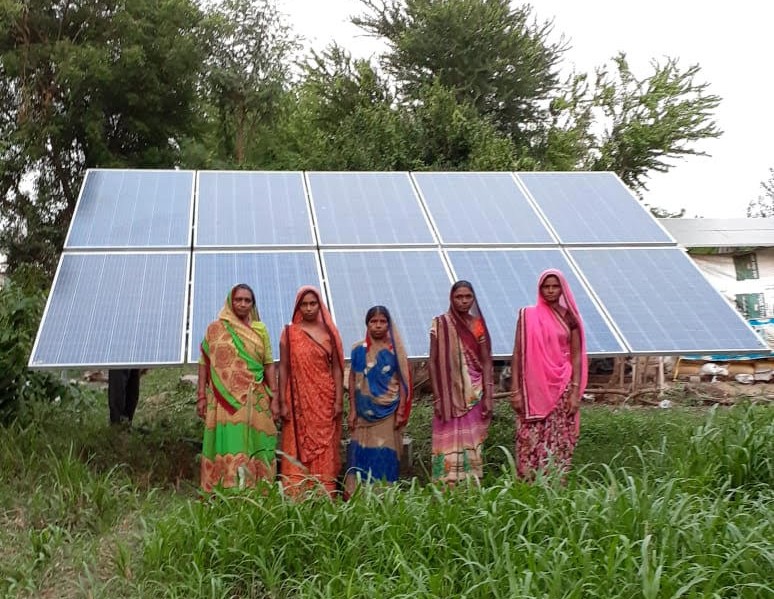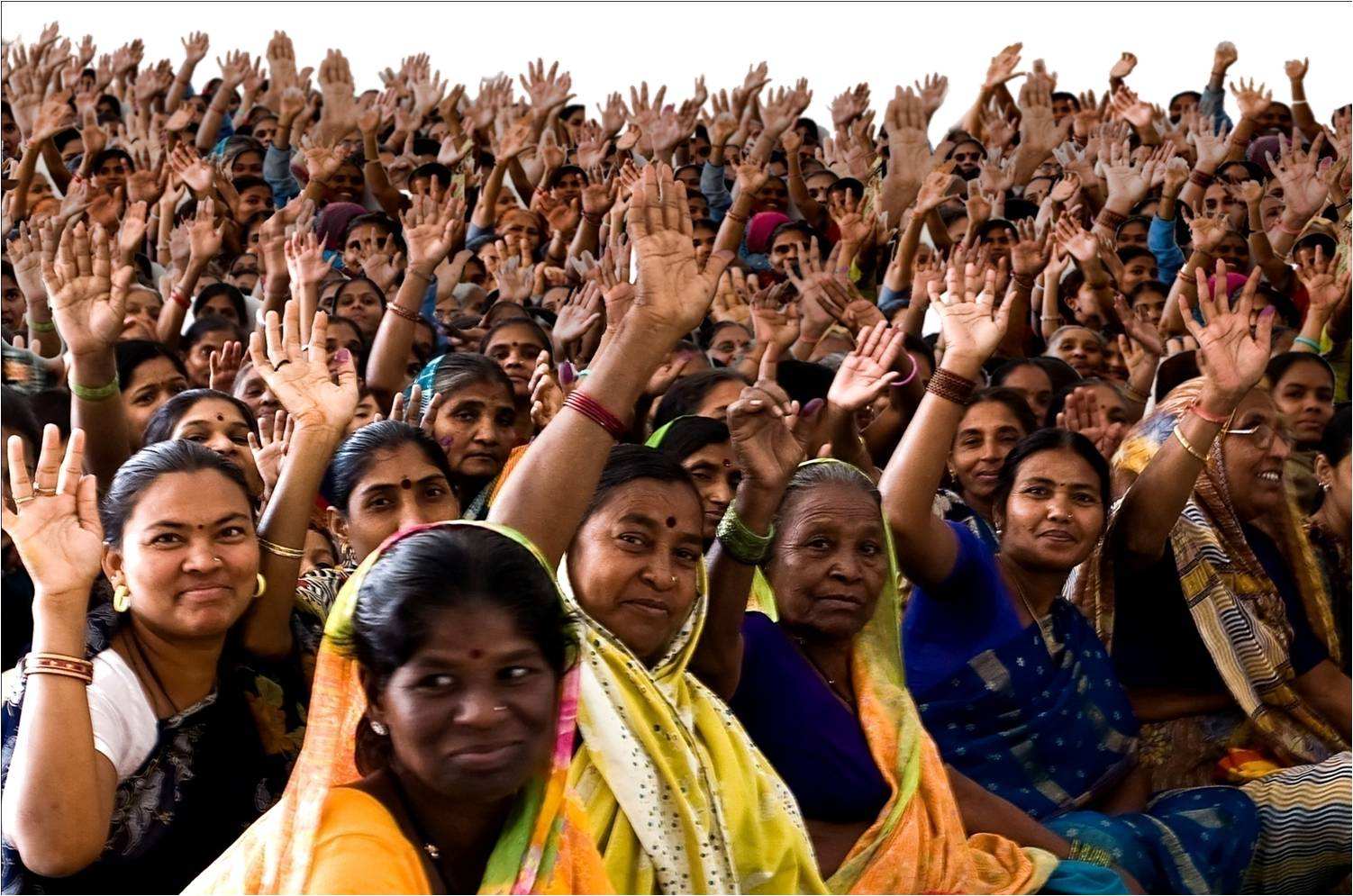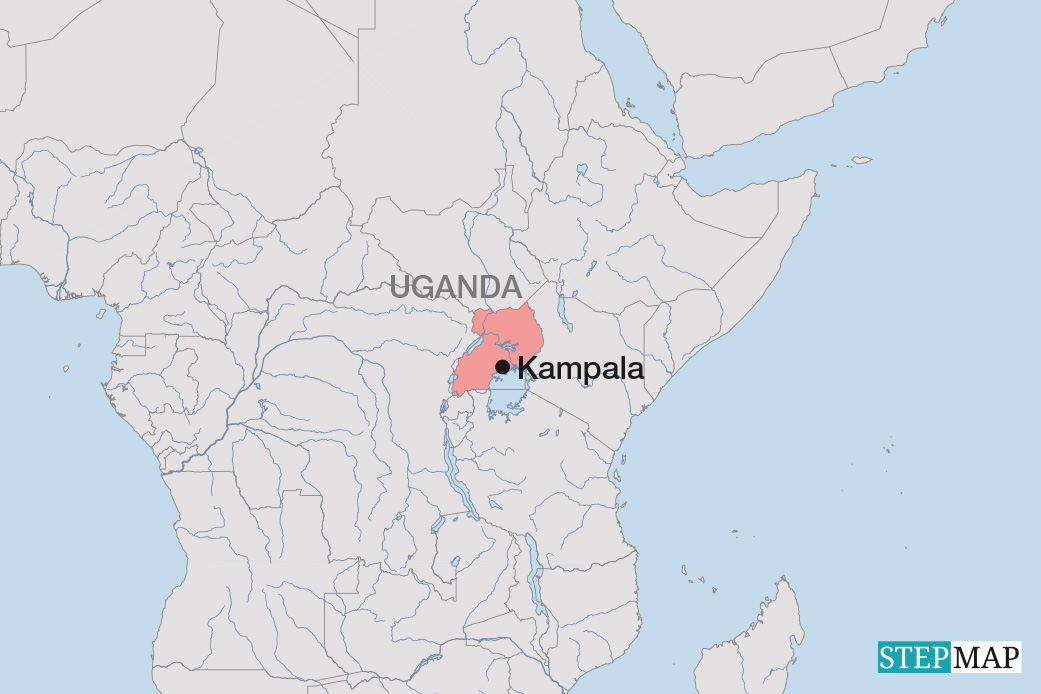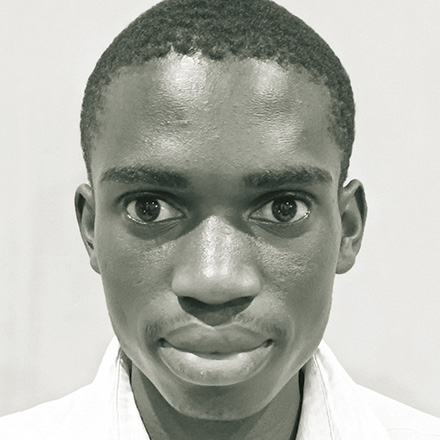Finances
Village banking changes lives

Many Malawians – particularly women – are into what is called “village banking”. They make a regular contribution to funds that are called “village banks”. This money is kept by a member of the group who is called “treasurer”. After a few weeks, whoever wants to borrow this money can do so at a minimal interest rate, which ranges from five to 10 %. The groups define the rate themselves. Internationally, these schemes are often called “tontines”.
As the interest rates are low, most group members can pay the loans. If a member is struggling, loan members often give an extension of two months. There are generally far fewer defaulters than commercial banks have. The commercial banks charge much higher rates of up to 40 %.
Alice Banda is involved in a village bank. She says that if a member fails to repay a loan in spite of an extension, the group can confiscate that member’s cooking utensils.
Malawi is a poor country, so many women are into village banking to improve their economic activities and reduce poverty. The UN estimates that an about 53 % of the 17 million citizens are living in poverty.
Dorothy Nkhata from a village in Malawi’s central region says that her family has benefited considerably from tontines. She contributes the equivalent of six US dollars per month.
“People borrow according to the shares that they have to the group. If you contribute more you can borrow more,” she reports. “This money is very helpful”.
Nkhata explains that pregnant women in particular use the money to go to health centres that tend to be several kilometres away from their homes. They buy bicycles, for example, or pay for bus tickets, because walking long distances is too burdensome for a pregnant woman seeking health services.
Mackson Mtambo is a non-governmental activist in central Malawi. His organisation is called Maikhanda and it encourages women to join village-banking groups. Better access to health care is one reason.
The Malawi government, however, considers village banking to be illegal. It argues that participants do not pay taxes because the funds are kept in private hands. Rural people, in turn, argue that they have no choice. The money borrowed from village banks is invested in farm inputs like chemical fertiliser and seed. The tontines are a way that poor people can do something to improve their situation.
Raphael Mweninguwe is a freelance journalist based in Malawi.
raphael.mweninguwe@hotmail.com












